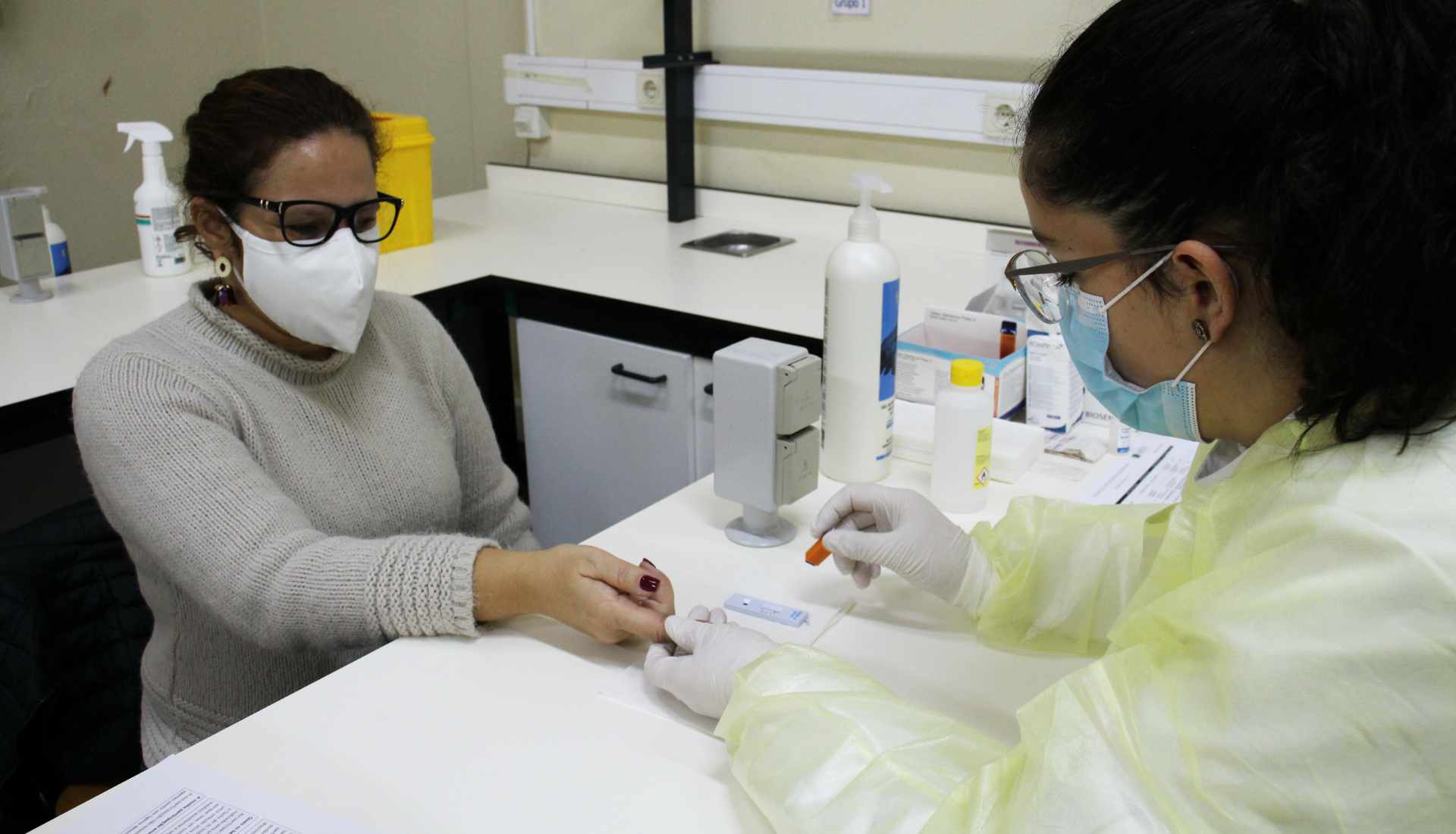The program aims to search for specific antibodies to SARS-CoV-2 virus among the academic community through serological tests. Open appointments.
The University of Porto’s serologic testing program to search for specific antibodies to the SARS-CoV-2 virus, which causes Covid-19, will now be extended to all undergraduate students of the institution.
As of this Monday, October 12th, all undergraduate and Integrated Master students will be able to undergo the serological tests, regardless of the faculty or year they are attending.
The tests take place in the ICBAS historical building (Largo Abel Salazar, 2, next to the Centro Hospitalar Universitário do Porto / Hospital Santo António), between 9am and 6:45pm every weekday.
Participation in the program is completely free and voluntary, and there are no consequences for students who choose not to take the test.
What does the test consist of?
Similarly to what happened with teaching and non-teaching staff, the tests for students will be led by the Instituto de Saúde Pública da Universidade do Porto (ISPUP) and consist in the analysis of a drop of blood, collected through a finger prick. This procedure – which takes about ten minutes – allows the presence of IgG and IgM class antibodies to the SARS-CoV-2 virus to be detected, thus assessing whether a person has been infected with the coronavirus, regardless of whether or not they have had symptoms of COVID-19.
A brief epidemiological survey will also be applied to assess the possibility of contact with suspected or confirmed cases of COVID-19.
Sample collection and processing will be performed by ISPUP physicians, nurses, and technicians. The test results are confidential and communicated only to the student.
The remaining University of Porto students will be able to have their serological test in the next phase of this program, on a date to be announced soon.
Ongoing work
In a first stage, the serological screening to the U.Porto’s community took place between June 1st and July 10th and covered 3461 teaching and non-teaching staff. In September, the program was extended to a group of students enrolled in U.Porto courses related to clinical teaching.
As explained by the Rector of the University of Porto at the start of the project, “our intention is to take a picture of this population now, but to repeat this picture throughout the year, to understand how the community has evolved and whether it has acquired immunity to the virus.
The Minister of Science, Technology and Higher Education (MCTES), Manuel Heitor, has also repeatedly praised the University’s decision to move forward with serological tests within the academic community, considering it not only “unprecedented at the academic level”, but also worthy of “being replicated in other institutions in the country”.



